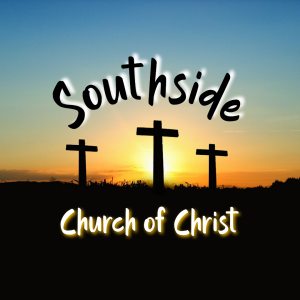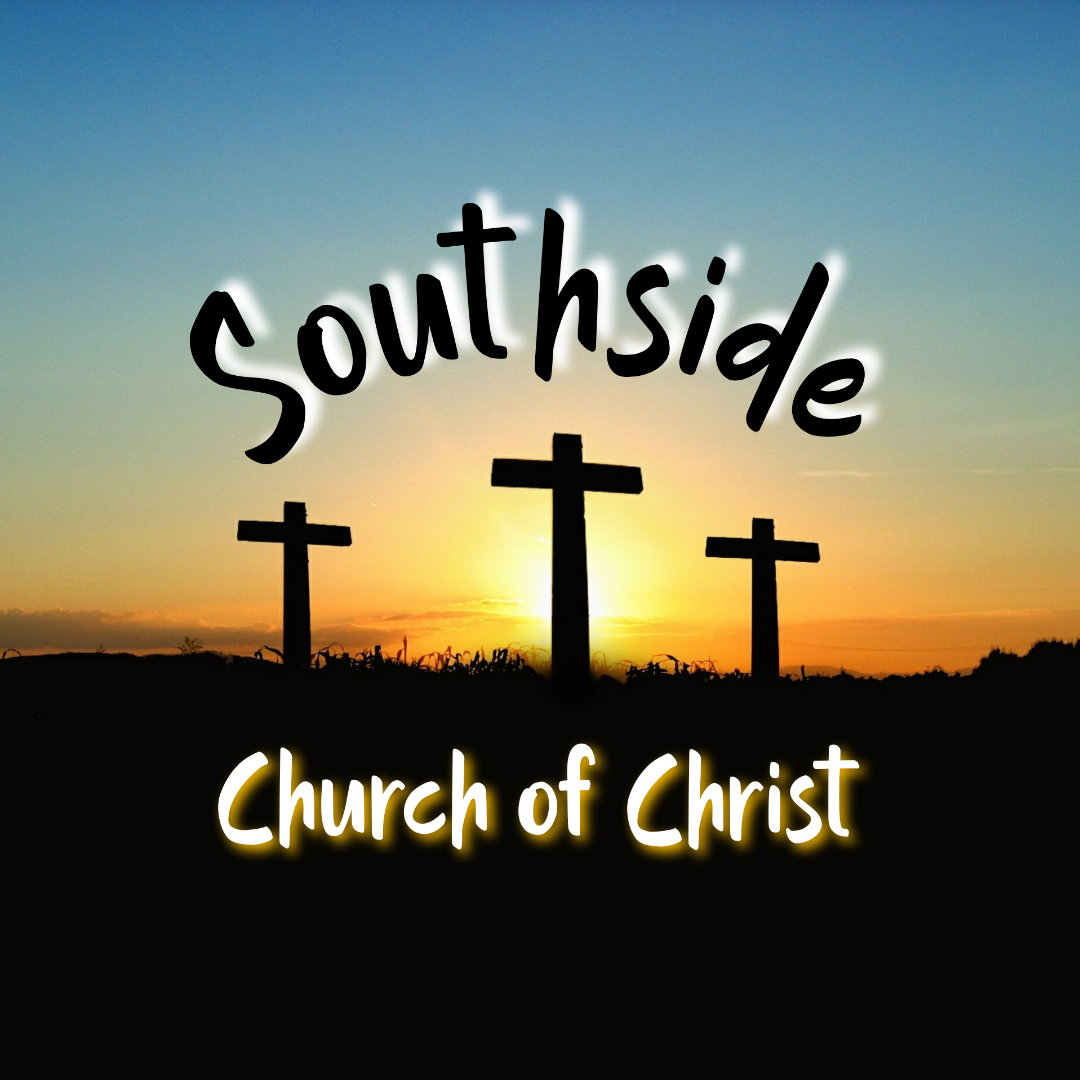Episodes

Sunday May 11, 2025
5-11-25 (Barrett Coffman) The Son Of God
Sunday May 11, 2025
Sunday May 11, 2025
Mark 1:1
1 The beginning of the gospel about Jesus Christ, the Son of God.
1 The beginning of the gospel about Jesus Christ, the Son of God.

Lesson Notes
The Beginning of the Gospels:
Matthew - a genealogy
Mark - an announcement
Luke - a birth narrative
John - a theological statement
Three Aspects of Mark's Gospel:
1 It's a "not too late" gospel
2 It's a "do not wait" gospel
3 It's a "speak it straight" gospel
NT Wright on the Beginning of Mark's Gospel:
“It’s as if you are sound asleep and dreaming, when suddenly the door bursts open and a bright light shines full in your face. A voice, breaking in on your dream-world, shouts ‘Wake up! Get up! You’ll be late!” And without more ado, the speaker splashes your face with cold water to make the point. Time to stop dreaming and face the most important day of your life.”
Unique Features of Mark's Style of Writing:
It is written entirely in the present tense.
It is the shortest of the four gospels and most fast paced.
There is less teaching and more action in Mark’s gospel.
Mark asks a lot of questions - over 100 questions.
Mark uses the word - immediately - 41 times in his gospel.
Marcus Borg on Mark's use of the term "Son of God":
“We will not fully understand Mark’s affirmation that Jesus is the Son of God unless we realize that there was another Son of God in that world. For Christians to call Jesus “the Son of God” directly countered Roman imperialism and its rule of the world that they knew. So, already in the first verse, Mark names the conflict that will by the end of his story lead to the execution of Jesus.”
The Beginning of the Gospels:
Matthew - a genealogy
Mark - an announcement
Luke - a birth narrative
John - a theological statement
Three Aspects of Mark's Gospel:
1 It's a "not too late" gospel
2 It's a "do not wait" gospel
3 It's a "speak it straight" gospel
NT Wright on the Beginning of Mark's Gospel:
“It’s as if you are sound asleep and dreaming, when suddenly the door bursts open and a bright light shines full in your face. A voice, breaking in on your dream-world, shouts ‘Wake up! Get up! You’ll be late!” And without more ado, the speaker splashes your face with cold water to make the point. Time to stop dreaming and face the most important day of your life.”
Unique Features of Mark's Style of Writing:
It is written entirely in the present tense.
It is the shortest of the four gospels and most fast paced.
There is less teaching and more action in Mark’s gospel.
Mark asks a lot of questions - over 100 questions.
Mark uses the word - immediately - 41 times in his gospel.
Marcus Borg on Mark's use of the term "Son of God":
“We will not fully understand Mark’s affirmation that Jesus is the Son of God unless we realize that there was another Son of God in that world. For Christians to call Jesus “the Son of God” directly countered Roman imperialism and its rule of the world that they knew. So, already in the first verse, Mark names the conflict that will by the end of his story lead to the execution of Jesus.”
Discussion Questions
1. How does Mark’s personal story—his early failure and later usefulness to God—shape the way we understand the Gospel as a “not too late” message?
2. What does the unique style of Mark's writing (see the examples in lesson notes) tell us about the urgency of the message and mission of Jesus? How does this sense of urgency influence your own faith and action?
3. How does Mark’s bold proclamation that Jesus is “the Son of God” directly confront the culture and political power of his time? Discuss what it means to declare allegiance to Jesus in a world with competing loyalties.
4. The sermon compares Mark’s Gospel to a college signing day announcement. How does this metaphor help us understand what it means to publicly declare our faith to Jesus? Share personal experiences of making faith “announcements” in your own life.
1. How does Mark’s personal story—his early failure and later usefulness to God—shape the way we understand the Gospel as a “not too late” message?
2. What does the unique style of Mark's writing (see the examples in lesson notes) tell us about the urgency of the message and mission of Jesus? How does this sense of urgency influence your own faith and action?
3. How does Mark’s bold proclamation that Jesus is “the Son of God” directly confront the culture and political power of his time? Discuss what it means to declare allegiance to Jesus in a world with competing loyalties.
4. The sermon compares Mark’s Gospel to a college signing day announcement. How does this metaphor help us understand what it means to publicly declare our faith to Jesus? Share personal experiences of making faith “announcements” in your own life.
Version: 20241125


No comments yet. Be the first to say something!